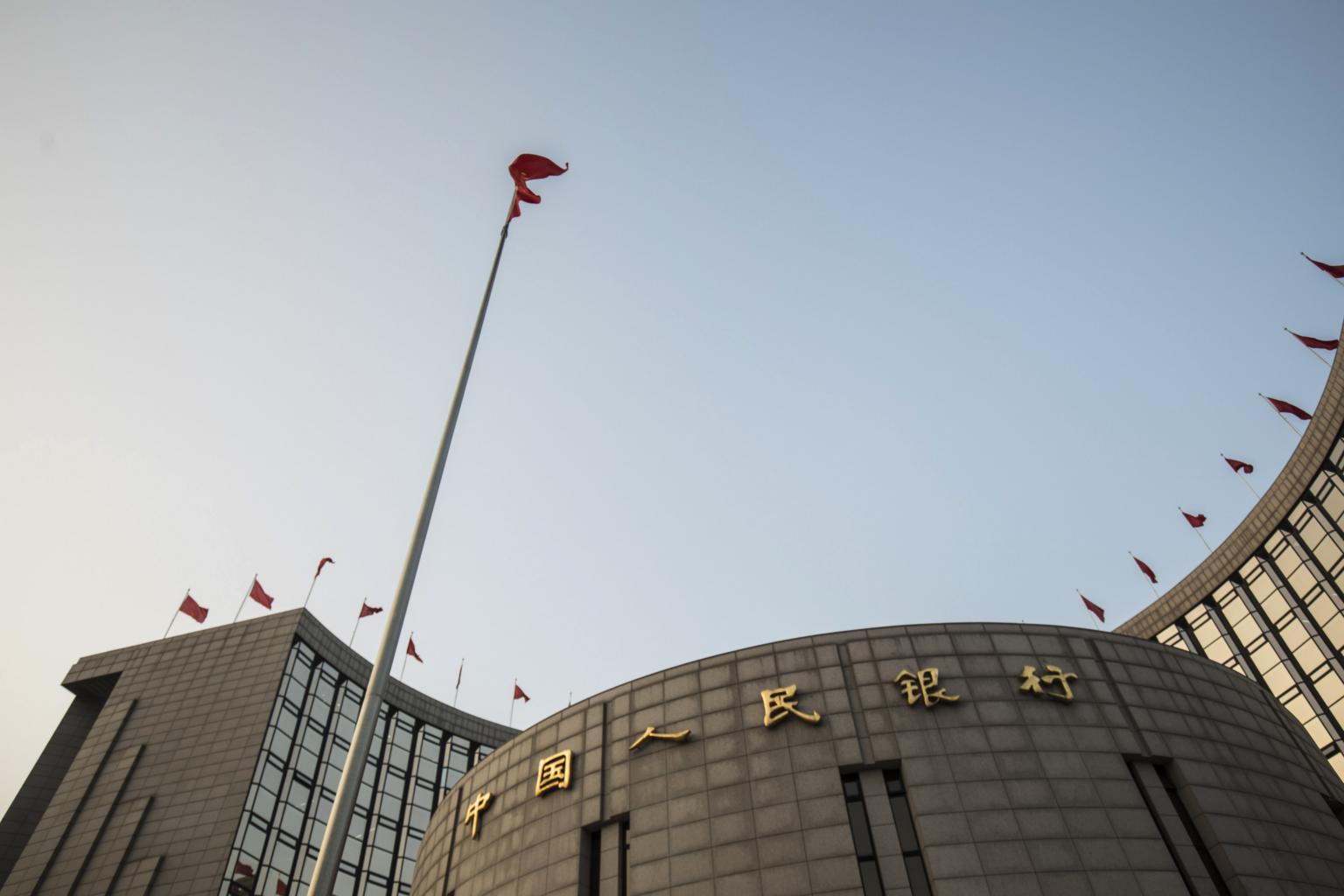China's shadow banking halts as regulation bites, says Moody's
Sign up now: Get ST's newsletters delivered to your inbox

In an article on the People's Bank of China's website late Saturday, Governor Zhou Xiaochuan pointed to latent risks that are "hidden, complex, sudden, contagious and hazardous."
PHOTO: BLOOMBERG
Follow topic:
SHANGHAI (BLOOMBERG) - China's shadow banking sector, estimated by some analysts to be worth 122.8 trillion yuan (S$25.25 trillion), stopped growing in the first half of the year as issuance of wealth management products declined, according to Moody's Investors Service.
For the first time since 2012, China's gross domestic product grew faster than shadow banking assets in the six-month period, Moody's said in a statement on Monday (Nov 6).
Following last month's Communist Party Congress, further regulation will continue to rein in shadow banking and address some of the key systemic imbalances, Moody's said.
While Moody's assessment offers some evidence that China's crackdown on shadow financing is starting to bite, the authorities continue to sound the alarm on high debt levels. In an article on the People's Bank of China's website late Saturday, Governor Zhou Xiaochuan pointed to latent risks that are "hidden, complex, sudden, contagious and hazardous."
Government, household and corporate debt adds up to about 260 per cent of the economy, according to Bloomberg Intelligence.
Moody's said that shadow banking assets accounted for 83 per cent of GDP on June 30, down from a peak of 87 per cent in 2016.
Michael Taylor, the company's chief credit officer for the Asia-Pacific region, said "core shadow banking activity", including entrusted loans, trust loans, and undiscounted bankers' acceptances, continues to expand even as regulation has had an effect.
"The ability of the formal system to replace shadow credit faces limits, and bank credit may not prove a perfect substitute for shadow credit," Moody's said.

